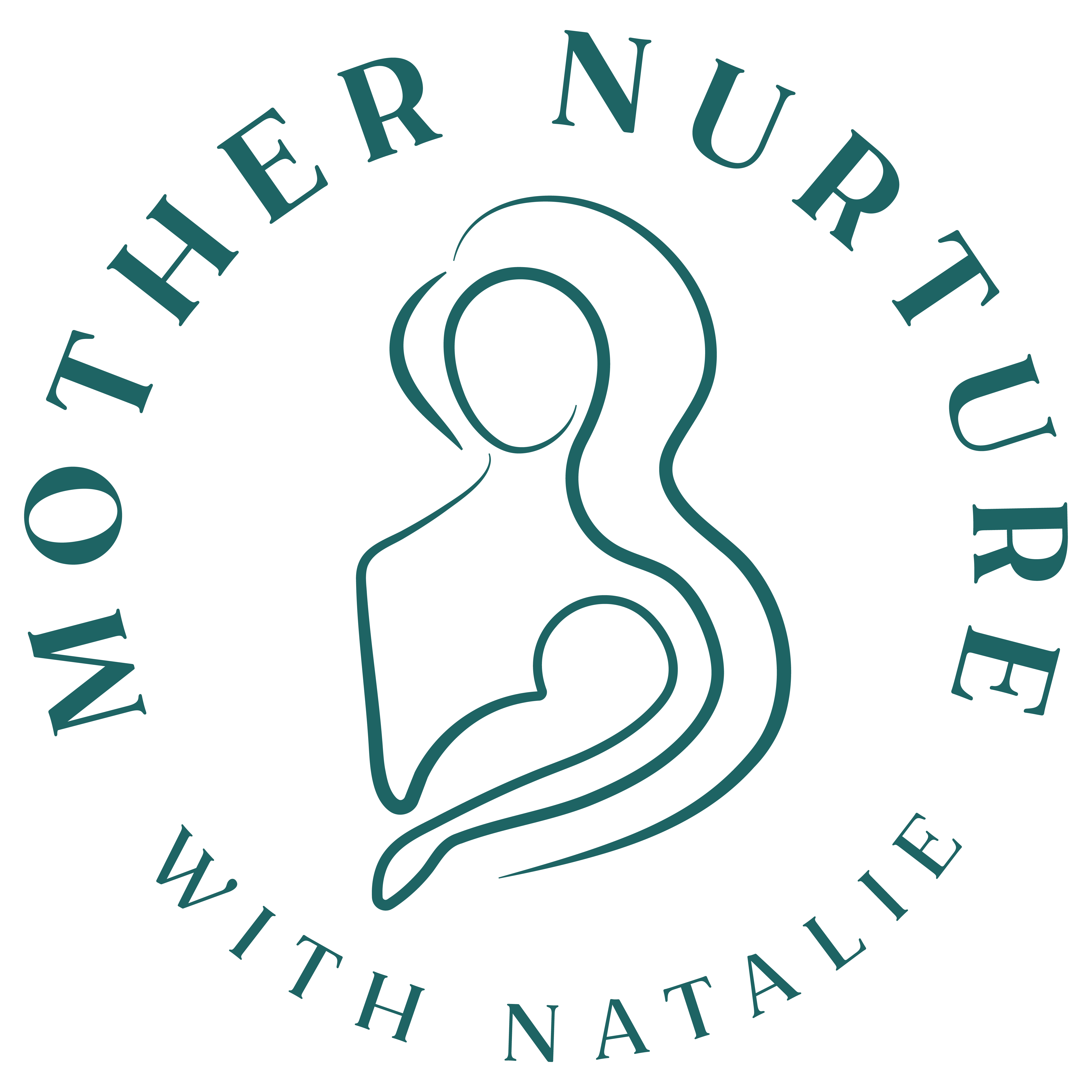So, what actually is a doula and why do I need one?
The term doula was coined by American Anthropologist, Dana Raphael back in the 1970’s. Taking inspiration from the Greek word, doule, meaning to serve, Dana used the term doula to refer to a supportive companion to pregnant women during childbirth and postpartum and to establish breastfeeding.
A doula is a non-medical support for a birthing and postpartum person. Doulas provide a non-judgemental space for the new mother to be, whilst supporting their emotional wellbeing and psycho-social needs. A doula provides practical hands-on support through the transition in to motherhood, whether it is the first, third, or fifth time.
Aiming to empower new mothers by signposting evidence-based research and enabling new parents to make informed decisions around the pregnancy, birth, and postnatal period, they support parents to be the parent they want to be. Always bringing new parents back to themselves, to check in with their own intuition, does this feel right for us? A doula can act as an advocate if that support is needed.
Not there to replace midwives or other medical professionals, doulas work alongside your medical support team. A doula who is supporting through pregnancy and birth provide a continuity in care that sadly isn’t often seen in maternity care in recent years.
Doulas focus on the new mother when all eyes turn to the new baby. By mothering the mother, a doula enables the new mother to recover from pregnancy and birth and focus her energy on bonding with her new baby.
Providing referrals to specialised professionals to support if additional help is needed i.e. breastfeeding counsellors etc, as well as guidance on local support groups that may be of value to new mothers.
Doulas also help by planning the birth and postpartum with new parents, to look at the beliefs and assumptions held to support parents to be as prepared as new families can be for the arrival of their baby.
There is clear evidence to support the benefits of having a doula supporting your birth and beyond. A large review carried out by the prestigious Cochrane Review library in 2017 looking at what can support mothers in labour, found that continuous labour support appears to offer impressive benefits and no harm to women and newborns, especially when provided by someone in a doula role. This appears to be an important care practice for those who wish to improve the quality, outcomes and experience of maternity care. (Cochrane review 2017 Continuous Labour Support).
There is evidence to show that having a doula can mean:
- Reduced risk of Caesarean birth † *
- Reduced risk of instrumental birth † *
- Reduced need for painkillers or epidural during birth † *
- Reduced rate of induction of labour † *
- Shorter labour †
- Increased parental satisfaction with the birth experience †
- Increased likelihood of initiating breastfeeding *
- Increased likelihood of successfully establishing breastfeeding & breastfeeding at 6 weeks *
- Lower incidence of depressive symptomatology †
- Improve equity and provide culturally responsive care#
* Brigstocke S. MIDIRS Midwifery Digest, vol 24, no 2, 2014, pp 157-160
#Meghan A Bohren and Sarah Chapman Cochrane review
† Hodnett ED, Gates S, Hofmeyr G, Sakala C. Continuous support for women during childbirth. Cochrane Database of Systematic Reviews 2013, Issue 7. Art. No.: CD003766. DOI: 10.1002/14651858.CD003766.pub5 and Bohren MA, Hofmeyr GJ, Sakala C, Fukuzawa RK, Cuthbert A. Continuous support for women during childbirth. Cochrane Database of Systematic Reviews 2017, Issue 7. Art. No.: CD003766. DOI: 10.1002/14651858.CD003766.pub6.
https://doula.org.uk/research/
You can find further information at https://doula.org.uk/what-doulas-do/ and https://www.dona.org/what-is-a-doula/
